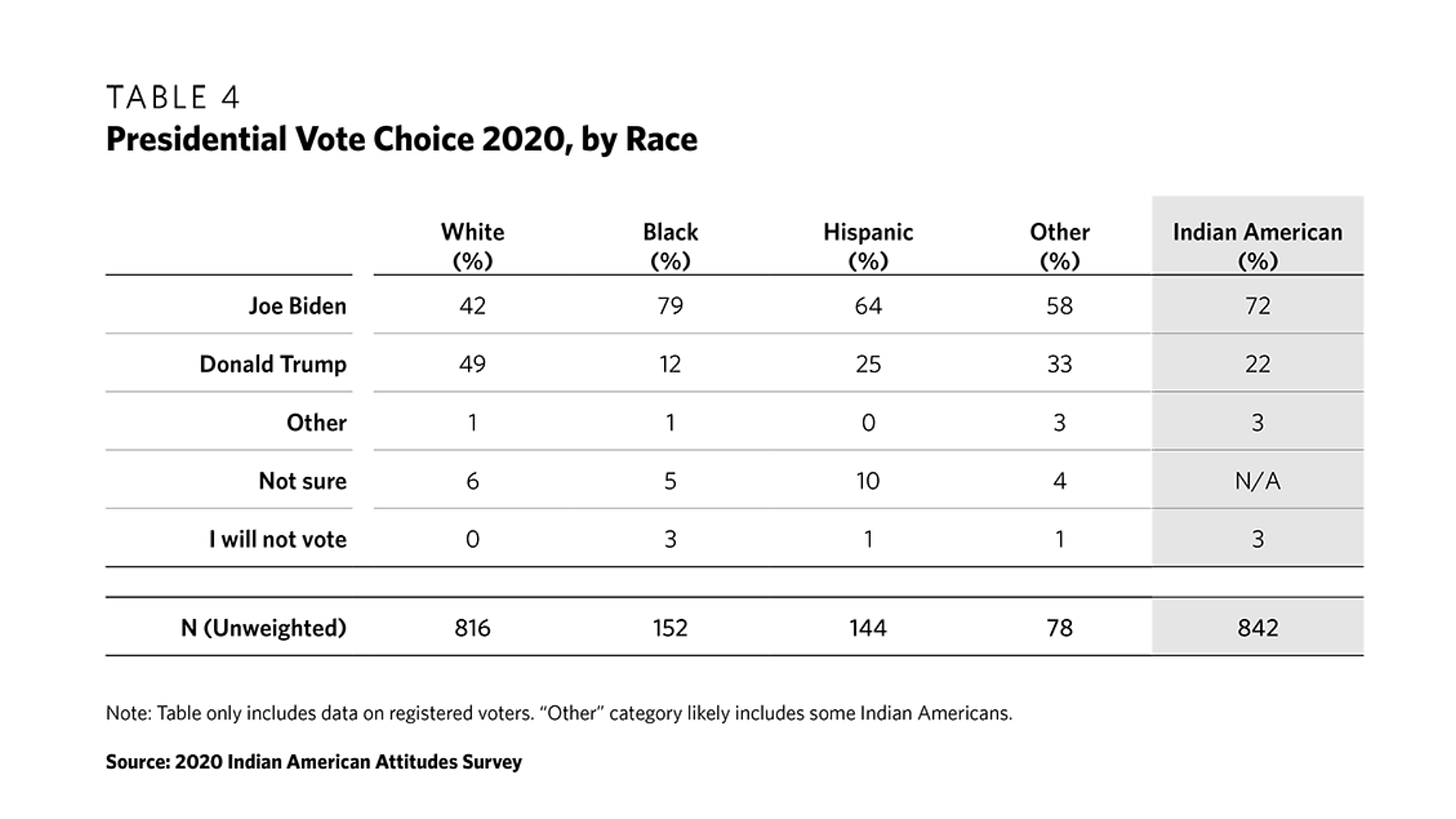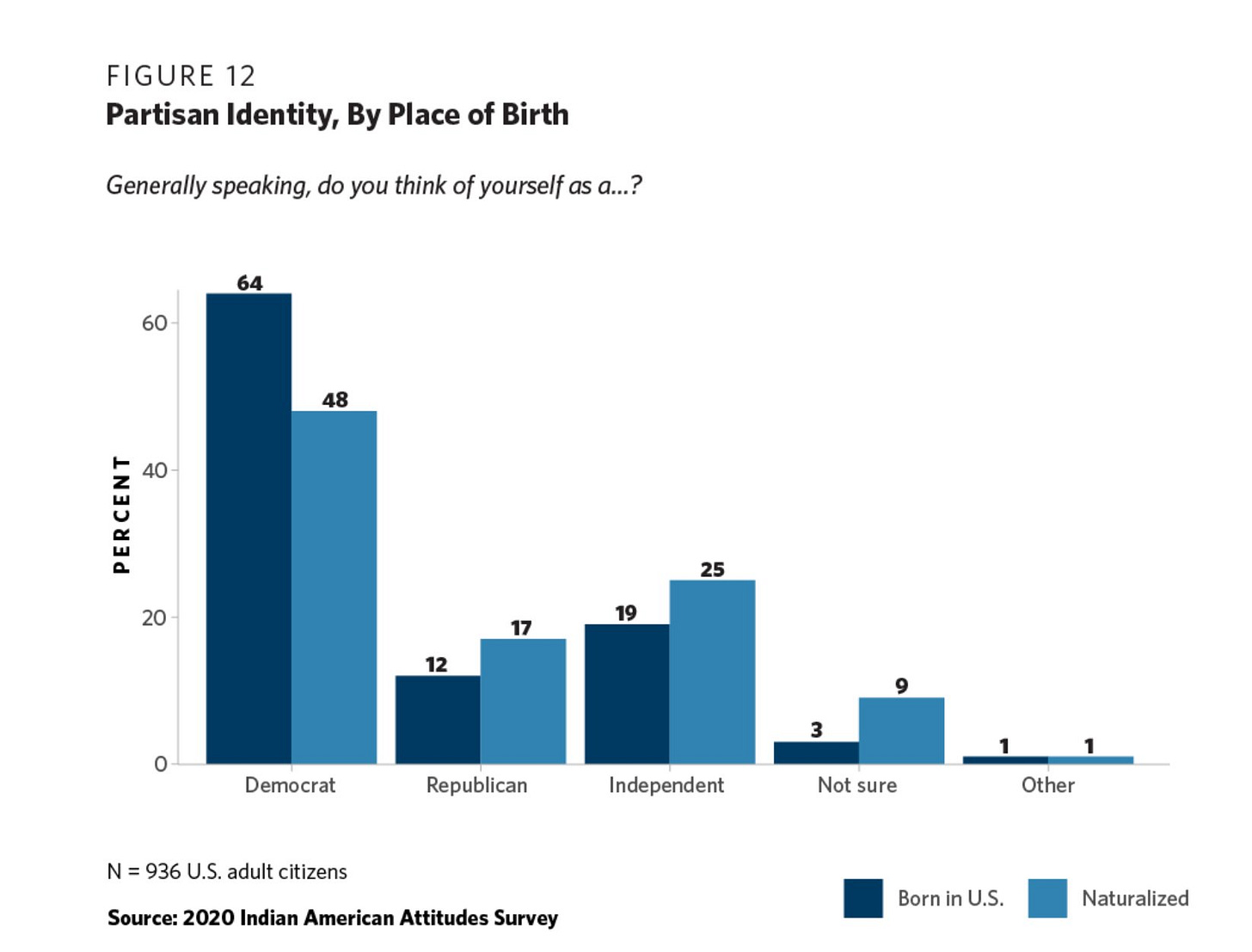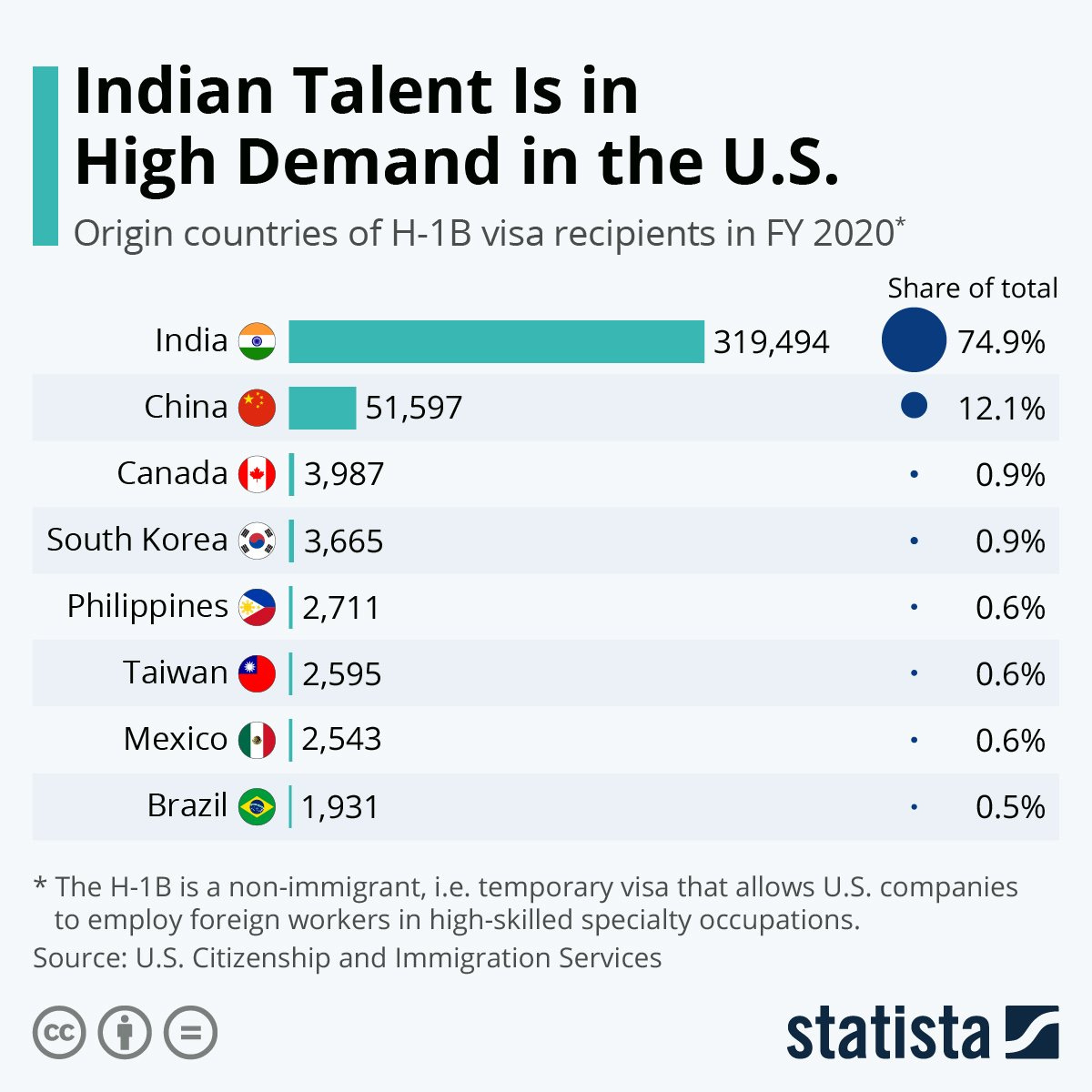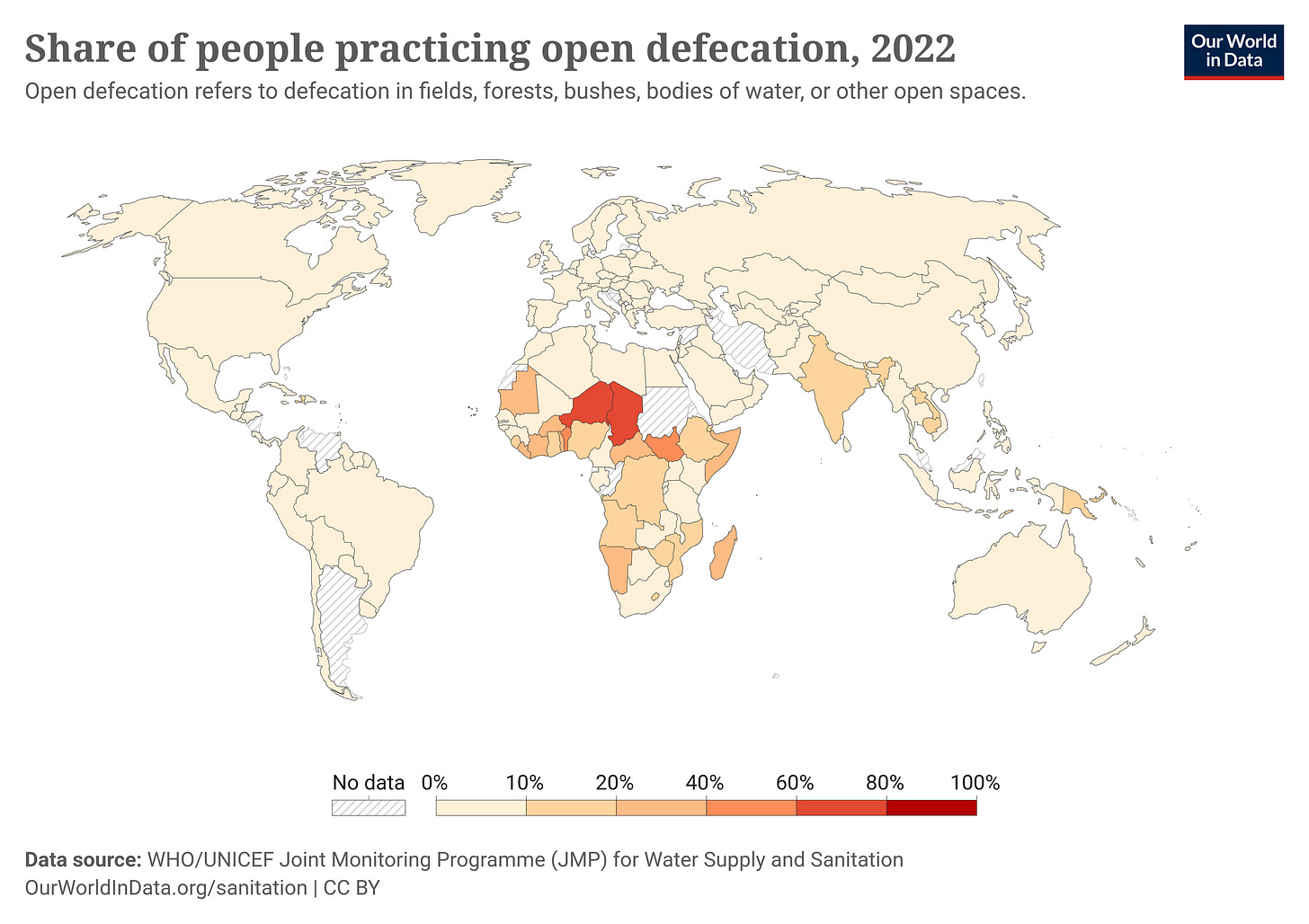Understanding American right-wing Indian hate
Not a mystery, not anecdata are needed
In the last few years, there has been a stark increase in anti-Indian posts. You can surely find your own examples on social media. Because of this, various right-leaning posters have started posting takes like this one by Sarah Haider:
I didn't see any good quantifications of this recent surge (I guess one can search Google Trends for anti-Indian quotes or memes), but let's grant for the sake of the argument it is true. Why is that? Well, explaining which demographics groups like and dislike each other is actually very easy. All you need to know is their political leanings and stereotypes thereof (usually quite accurate). Brandt et al 2014 gave us this plot, which I wrote about in 2022:
The X axis has the perceptions of the political leanings of a given group. The kind of group doesn't matter, it can be ethnic, religious, sex/orientation, political, occupational or something else. On the Y axis we have the ratings of the same groups on 1-5 scale. These two metrics correlate at -0.95. In other words, the only thing you need to know to why who is hated by whom is how they are perceived, which is usually how they behave. So in the case of Indians in the USA, we can pull up some survey data to see whether they are particularly left-leaning and thus would generate a lot of dislike among the right-wingers. Back in 2020, the Carnegie people made a survey of American Indians, with results like these:
And:
And:
And:
From which we can gather:
Indians in the US lean almost as much Democrat as Blacks do (though Blacks are at a historical low due to Trumpism)
US-born Indians are a bit more pro-Democrat than the foreign-born naturalized citizens (only US citizens were polled)
Some news reports (2012, 2016, 2023) say Indian Americans are the most left-wing Asian American group, though this claim was not supported by this Pew survey from 2022 I found:
They are beaten by the "Other" Asian Americans group, and are otherwise equally left-wing as the Koreans and Filipinos (no error bars given). Based on this, it is not surprising they are also perceived by American right-wingers as being left-wing, and thus singled out for dislike. The surge in hate in the last few years can probably be accounted for by two additional facts: First, Indians have verbal tilt, are gregarious, elite (selected), and thus tend to end up in CEO and other leadership positions. In these positions, they display their politics and make right-wingers take notice of them. Koreans and Filipinos (and any other Asians really) don't do this same behavior (non-verbal tilt, introverted, or not selected). Second, Indians are currently in the political focus because of the immigration debate (eternal in every Western country), which has a focus on the extreme rates at which Indians use the H1B system:
As such labor immigration suppresses local labor bargaining power and thus salaries, it is not so strange they are given extra attention from the American right-wingers.
So I don't think there is any need to invoke other supposedly Indian specific factors, such as being unclean, dishonest, nepotistic etc. India is not special in these regards, as any world map of these behaviors will show. Say, corruption:
India ranks 93rd out of ~180 countries, making it an averagely corrupt country with averagely corrupt people.
As for cleanliness, India does poorly, but data quality is bad, and they aren't unusual by 3rd world standards:
But in any case, these facts about India and Indians are not new, and open defecation was common in many other countries that America used to receive migrants from. India's 2022 rate was 11%, and Vietnam was 17% in 2000. I don't see many people complaining about the supposedly dirty Vietnamese.
In summary then:
Indians in the US have a strong left-wing political leaning, and are probably perceived as such.
Right-wingers dislike groups that lean left, with a near perfect correlation of average ratings and such perceptions.
Indians have come into attention due to many elite Indians taking top US positions, and Indian immigrants/workers arriving in the US in large numbers, causing salaries to decrease for American workers in the same jobs.
Thus, Indians would be expected to receive outsized attention among groups in the US, and since they are left-leaning, American right-wingers will dislike them in particular. There is no mystery here.
When you start disliking some group for political reasons, you use whatever ammunition can be found against it. So since Indians have certain smelly foods, bad hygiene (maybe), and are rather forward with women, these behaviors get singled out as the explanation, on top of the usual racism stuff. If Indians had been very right-wing, they would be instead popular among the right-wingers and the left-wingers would dislike them for ostensibly different reasons.












Anecdata but the first americans I heard complaining about indians were leftists from the tech industry who had to deal with indian nepotism and fake credentials.
This is not why there's been a surge of anti-India posts & commentary. Without getting into other anti-social behavior (and the avarice of big corporations committing fraud to import cheap labor), it's because South-Asians are overwhelmingly faithful not to party, country, or America, but their co-ethnics, and ONLY their co-ethnics.
https://www.breitbart.com/crime/2025/08/22/indians-sign-petition-to-free-co-ethnic-illegal-u-turn-trucker/
Ask yourself: If an American did something like this, would over 200k Americans sign a petition to let him off, or to let him hang?!